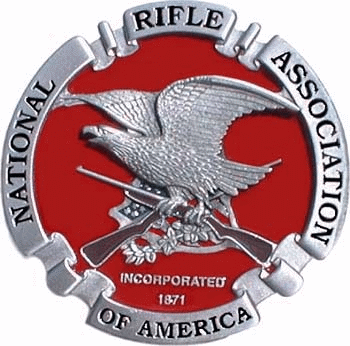The second point is more fundamental and goes to the rationale of the right to bear arms, as recognised in the second amendment to the US constitution:
"A well regulated Militia, being necessary to the security of a free State, the right of the people to keep and bear Arms, shall not be infringed."As many people have pointed out before me, the original rationale of the second amendment appears to be related to the right to raise a militia. The origins of this right can be traced to the debates of the eighteenth century about whether the state should be permitted to have a standing army and to raise taxes to support that army - in particular as the British rulers of the American colonies had taxed the citizens to support the presence of the British army. In the circumstances of 1791, it is not then particularly surprising that the new states linked freedom to the right to a militia - which thus necessitated that all prospective soldier/citizens should possess and bear arms. The broader context was thus one of distrust of the British state (and, it is worth pointing out, a situation where homicide rates were very low).
The issue now appears to be very different. It is very clear that, for some Americans at least, the issue remains that of trust in government - though now it is a domestic government which supports a standing army. The question, though, is that of how to rebuild that trust and whether the presence of guns is likely to contribute to the building of trust or further undermine it.



No comments:
Post a Comment